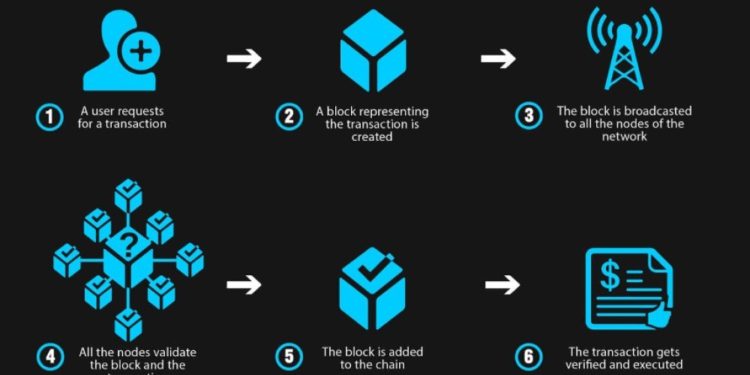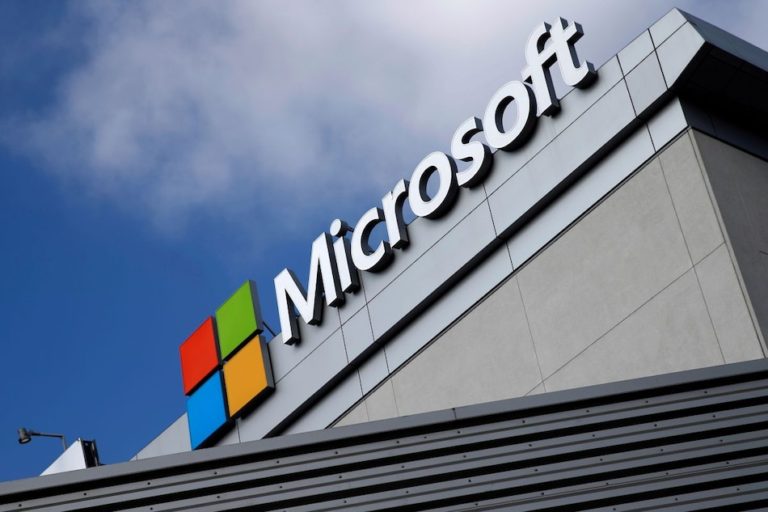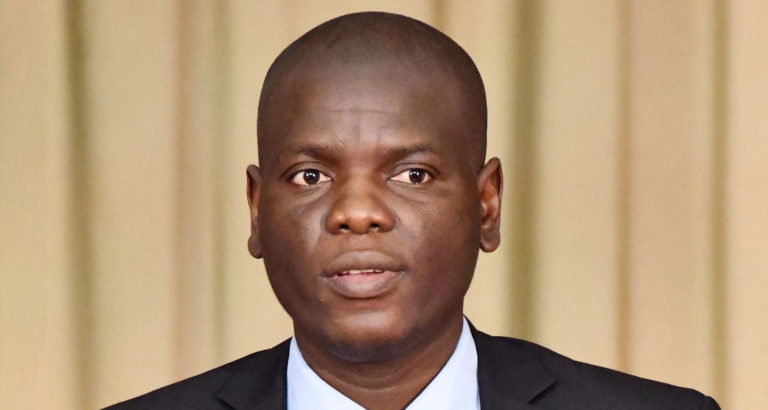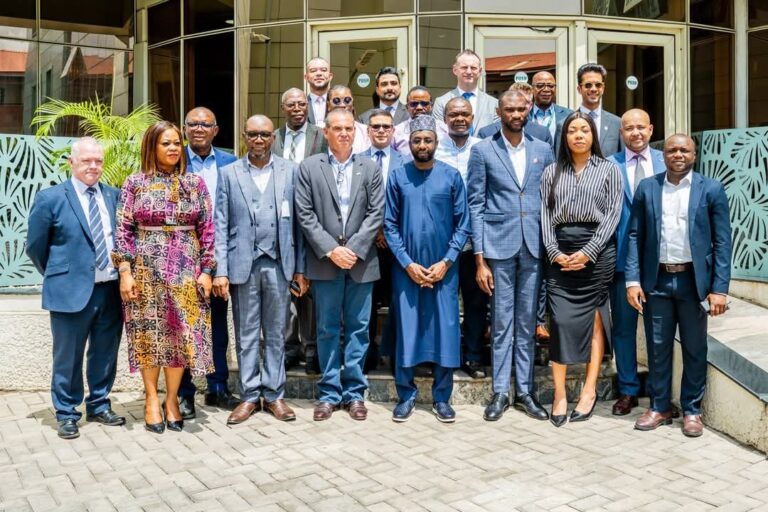Here’s how smart contracts can eradicate fraud and fix Africa’s poor service culture

If you’re new to the world of blockchain and crypto asset management, the term “smart contracts” may sound a little complicated.
But, if “smart contracts” are the foundation upon which Defi will work or will invariably work, it only makes sense for everyone to understand what they are.
Understanding the origins of smart contracts is one of the best ways to understand what they are. Unbeknownst to many, the term “smart contracts” existed long before the introduction of the world’s first cryptocurrency, Bitcoin.
The beginnings of smart contracts
Nick Szabo, a lawyer who doubled as a computer scientist and cryptographer, began talking about smart contracts in the early 1990s, long before the major adopters of this technology, the Gen Z’s, came into the world.
You can expect that these discussions did not have the same impact on the broader community at the time that they do now, given the enormous popularity that blockchain and the technologies based on it, such as DeFi, now have.
Nick Szabo, a lawyer, was particularly concerned that contracts could only be enforced by traditional governments, making them expensive and unreliable.
As a result, he created smart contracts in order to apply “highly evolved practices of contract law and practice to the design of electronic commerce protocols between strangers on the Internet.”
So, what are smart contracts?
On the blockchain, smart contracts are pieces of code. Do you remember the blockchain? Blockchain is simply a method of documenting information in such a way that it is impossible to change or even cheat the system.

The first thing you should know about’smart contracts’ is that they are distinguished by three characteristics. The first is that they are visible to everyone. Second, they cannot be modified or tampered with. Finally, and most importantly, they can execute themselves without the intervention of a third party, rogue or otherwise.
So, if I agree to send 1,000 satoshis to Mr Pinky Brain’s wallet every day for ten days, the job of the codes – or smart contracts – will be to ensure that the agreement to send that coin is followed through on every occasion.
The smart contract also ensures that Mr Pinky follows through on his end of the bargain. Assume in this case that he is to assist me in the construction of a digital robot army that is programmed to assist me in achieving world dominance.
Mr Pinky Brain will not have to resort to the courts to ensure that I keep my end of the bargain with a’smart contract.’
The smart contract’s role is to serve as an eternal, incorruptible judge and enforcing authority.
‘Smart contracts’ have never been made this easy, have they? I’m aware!
So, as you can see, the goal of the’smart contract’ concept is to embed specific contractual provisions or clauses in the hard and software we deal with now and in the not-too-distant future.
The end result is that we make contract breach either impossible or prohibitively expensive.
Preventing fraud and causing business disruption
In summary, smart contracts direct the execution of transactions without the involvement of a third party. The processes are automated, the transactions are tractable, and they can easily serve as a stand-in for legal contracts.
Contracts of the future will be smart contracts. And the use cases – real-life applications – will change the way we do everything in Africa’s inefficient service culture.

I’ve worked in finance for the last 6 years and can tell you firsthand how untrustworthy contractual agreements are in Africa, from debt access to debt servicing, repayment, insurance provisions, and investment returns.
From insurance companies to banks and fintechs, the financial services industry stands to benefit the most from the widespread adoption of smart contracts on the blockchain.
Even non-stem companies, such as those in the legal and asset management industries, will be completely disrupted by its adoption and application.
The administration of wills after a person’s death is a prime example of this. In Africa, this is frequently a contentious issue that results in unnecessary deaths and time-consuming court appearances by concerned parties over the deceased’s estate.
We’ve seen families contest wills, with legal proceedings lasting years and all parties involved expending significant resources on the cases.
All of this, however, can be avoided if the deceased has a smart contract in place. The deceased can use a smart contract to automate the process and complete execution without the involvement of lawyers or notaries.
He or she can, for example, create a smart contract that distributes his or her assets once he or she dies.
How do smart contracts function?
The deceased can program it so that every 30 or 60 days, he or she enters a digital key on the blockchain to prove that they are still alive and well.
If they do not enter the keys as specified in the smart contract, the assets in the estate are automatically distributed to the dependents or beneficiaries specified in the smart contract.
The smart contract simply executes what the estate’s owner has allocated. We can avoid a Nollywood story this way.
It’s as easy as ABCD.
Financial services can also use smart contracts as the backbone and executors for their blockchain-based products.
Users can borrow fiat or even cryptocurrency and use their coins as collateral for the loans. This will immediately reduce the number of default transactions in their books.
As a result of nonperforming loans, many financial services companies have gone bankrupt or out of business. This is where smart contracts can come in handy.
With’smart contracts,’ these loans are monitored and penalties are imposed if the user defaults. As a result, users forfeit their cryptocurrency or NFT ownership if the facility ceases to function.
African governments require disruption in their operations. In the near future, I envision the government using smart contracts to help automate operations, making it more efficient, dependable, and transparent.
This is due to the fact that smart contracts allow you to see all of the details on the decentralized blockchain.
Smart contracts can also be used by the government for censuses, regional data collection, and the all-powerful elections, which are frequently plagued by everything the blockchain stands against, from transparency to agency efficiency to speed and cost reduction.
With smart contracts, we can say goodbye to multiple duplicities at polling stations, underage voting, and the rampant violence that has plagued the African electoral process.
The possibilities are limitless, and the benefits for us in Africa are mind-boggling as a result of blockchain and smart contracts.







